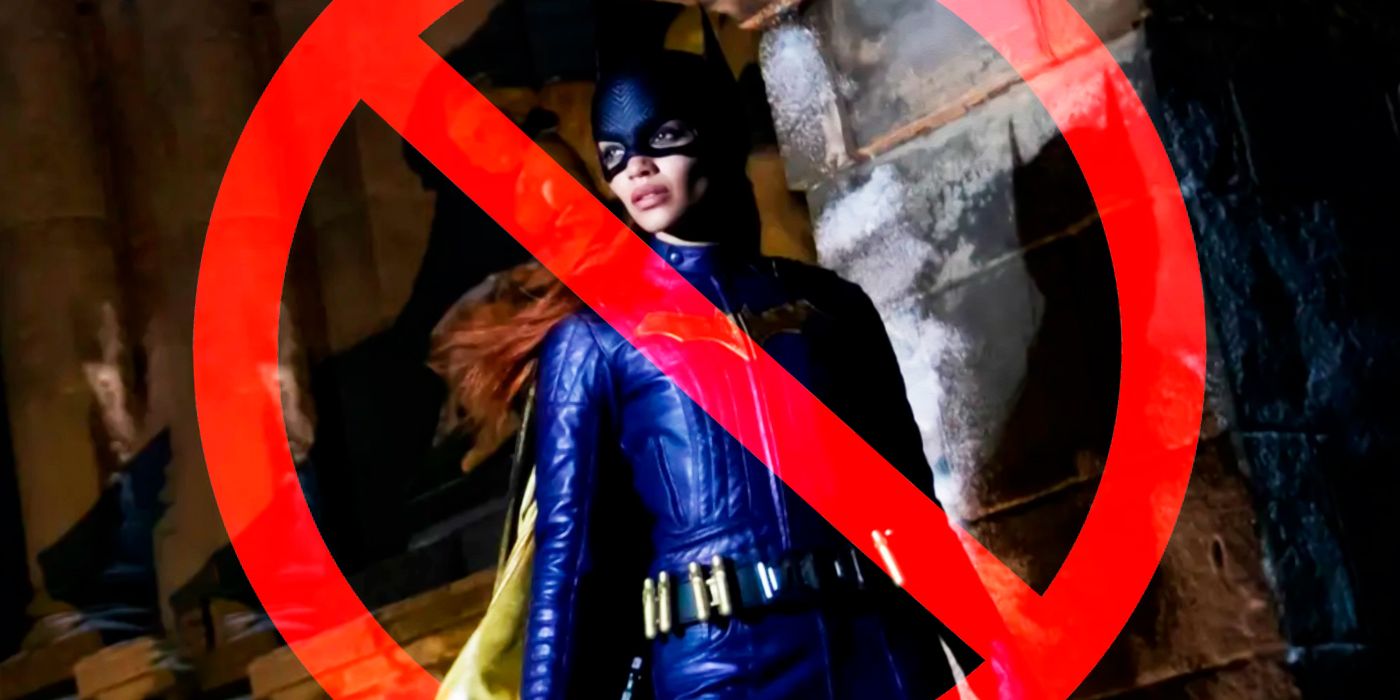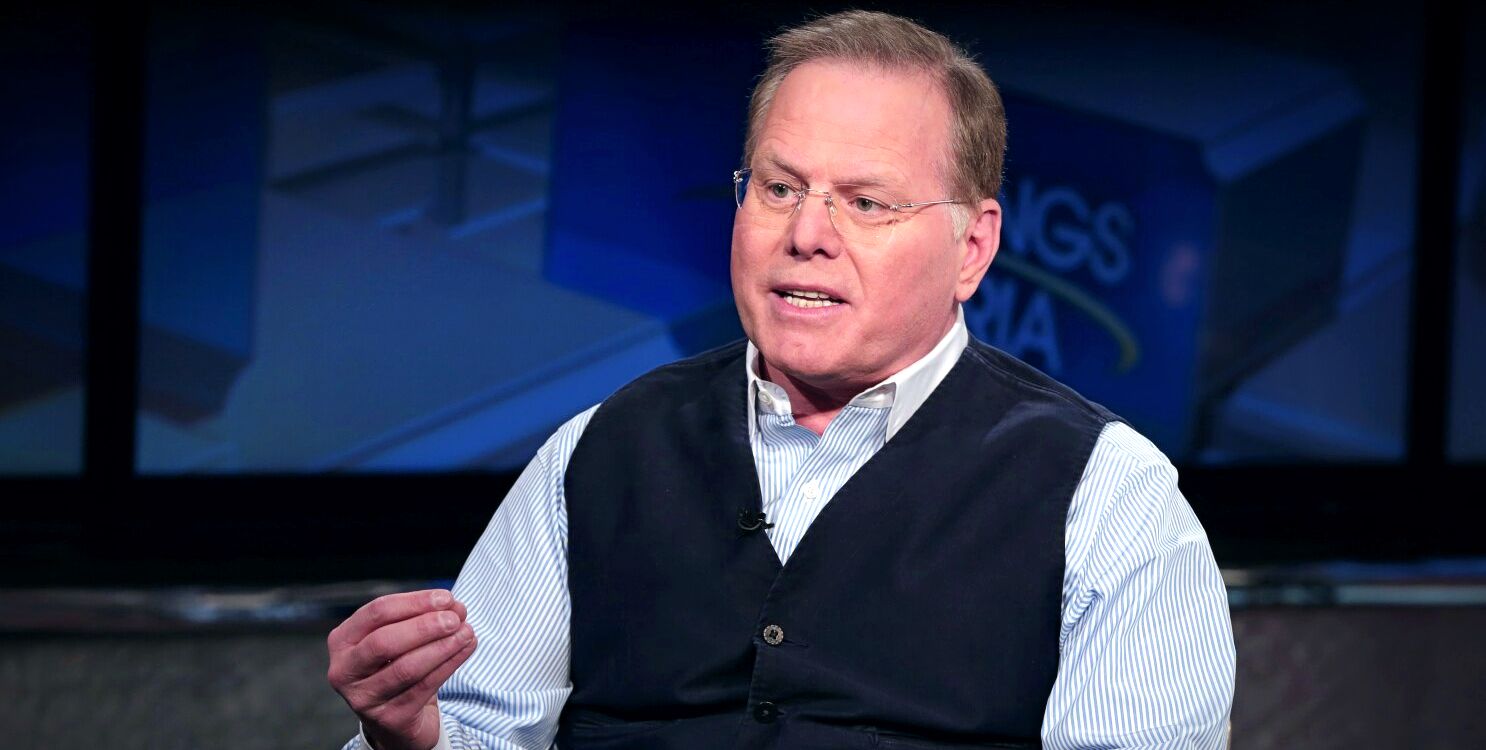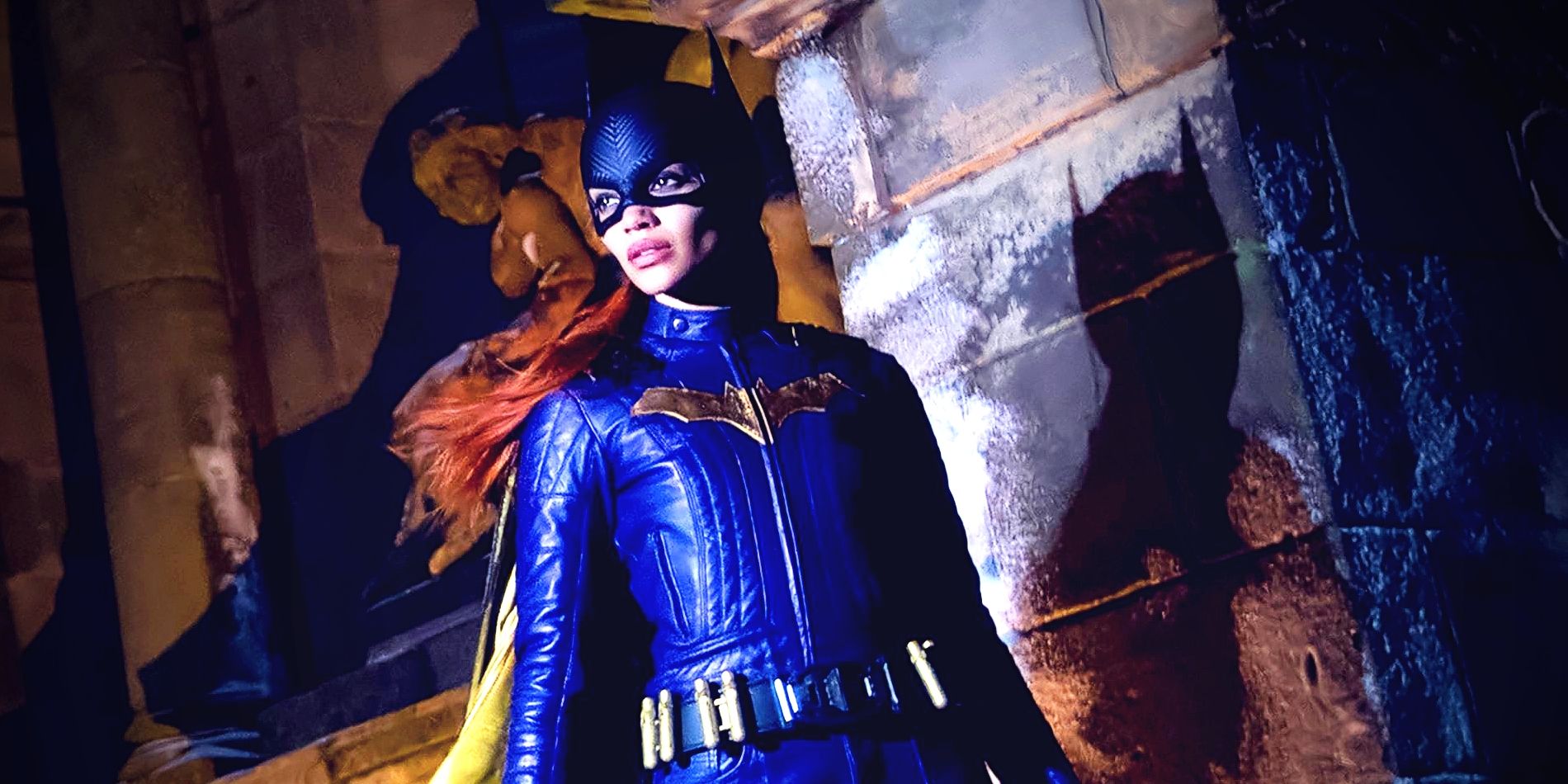When Batgirl was announced by Warner Bros., now Warner Bros. Discovery, there was excitement yet apprehension. It's no secret that the road leading to Batgirl has been one of tremendous hardship for the DC Extended Universe. Repeated creative missteps, behind-the-scenes issues, a clear lack of planning, and a rush to compete with the Marvel Cinematic Universe have greatly hindered the DCEU. Even so, there was a palpable excitement, particularly when the cast behind the project was announced. From Brendan Fraser's intriguing turn as Firefly to Michael Keaton's return as Batman to J.K. Simmons' reprisal of Commissioner Gordon and the breakout casting of Leslie Grace as Batgirl, there was an undeniable buzz about what this film could be.
Beyond the stellar cast, the creative team behind the camera likewise generated anticipation. Fresh off her critically lauded scripts for Bumblebee and Birds of Prey, Christina Hodson was announced as the film's writer in April 2018. A few years later, on the heels of the critically and commercially successful Bad Boys For Life, Adil El Arbi and Bilall Fallah were announced as the film's directors in May 2021. With a cast and crew of that caliber, there's plenty of reason to look forward to Batgirl. However, in a move that's as shocking as it is utterly confounding, WBD historically decided to pull the plug on Batgirl. According to reports, not only will Batgirl not be released theatrically, but it won't premiere on WBD's HBOMax, as was the original plan.
What makes this move as mystifying as it is extends to the production status of Batgirl. Typically, films are canceled in preproduction or sometime early in production as a means of cost-cutting. However, with Batgirl, that's not the case. This film, by all industry accounts, is nearly completed. It's been cast, designed, written, shot, re-shot, and greatly edited. From a financial standpoint, it verifiably wouldn't cost more than $10 to $20 million to finish and release. For a studio that just gave Zack Snyder an additional $70 million to complete his version of Justice League, $10 or $20 million seems like a drop in the bucket, especially for a film that's as anticipated as Batgirl.
This decision came from newly-installed WBD CEO David Zaslav. Per insider knowledge, Zaslav decided to cancel Batgirl -- along with several other nearly-completed projects -- to recoup costs via utilizing the canceled projects as tax breaks. That sounds like exactly what fans think it sounds like. It seems Batgirl was canceled... for a tax write-off. Zaslav claims that this was done to provide a sense of continuity, heft, and theatrical importance to DC's films as part of his mandate to overhaul the DCEU. This is totally understandable. As stated, it's been mightily rough, to say the least, for the DCEU over the past decade. Thus, Zaslav wants to create a DC-centric studio akin to Kevin Feige's Marvel Studios. It sounds like a good idea. Even so, audiences are unsure if this was the right way to go about it.
As news broke that Batgirl was dusted, a tsunami of perplexity and outrage overcame social media discourse. Due to public interest, there was a general sense across Twitter that the film would assuredly be leaked if WBD didn't reverse course. This is an astute observation. As far as viewers can tell, WBD has two options: One, reverse course, finish the film and release it, or two, stay the course and wait for the inevitable leak. At this point, when faced with these options, why not just finish the film? Virtually no one thinks canceling this film is the right move. It's terrible PR, and given Batgirl's popularity as a character, it's curious why WBD and Zaslav would risk the fully realized ire of an audience that's critically tired of their errors in judgment.
Beyond the financial reasons, another reason for the cancelation supposedly relates to Batgirl's reception in test screenings. Purportedly, the results have been mixed, which only further added to Zaslav's impetus to cancel the film. Although, even if there are issues with the film -- narratively, visually, or otherwise -- that's no reason to outright toss the entire thing in the garbage. Creating a film necessitates the hard work of hundreds of people working tirelessly. Counting the time Hodson spent writing it, this film has been in development for four years. To pull the plug on all the work, all the time, all the effort Batgirl's cast and crew put into this film is nothing short of entirely tone-deaf and unbelievably short-sighted. Though it isn't all that matters, representation is important, and canceling a nearly-completed film with this many demographically underrepresented creatives behind it is exclusively a horrendous idea. The optics alone are reason enough to avoid doing this, let alone the impact this will have on WBD's reputation among creatives.
A test audience is not every audience. The personal taste of one CEO or board of executives is not the personal taste of everyone. Every piece of art that's ever existed is loved by someone, regardless of the artist's intent. Maybe Batgirl would've gone the way of Spider-Man 3 or Batman Forever: campy, sincere and ridiculous. Or maybe it would've gone the way of Spider-Man: Homecoming or Thor: Love and Thunder: fun, predominantly lightweight, joke-fest. Or maybe it would've fallen somewhere in the middle. Audiences don't know. They may never know, and that's the thing here. Through Zaslav's decision, the audience has been denied their right to respond, their right to engage. Truly, no one knows how something will be received until it is. It's only at that point that decisions can be made. Here's to hoping WBD and Zaslav realize they made the wrong one.



